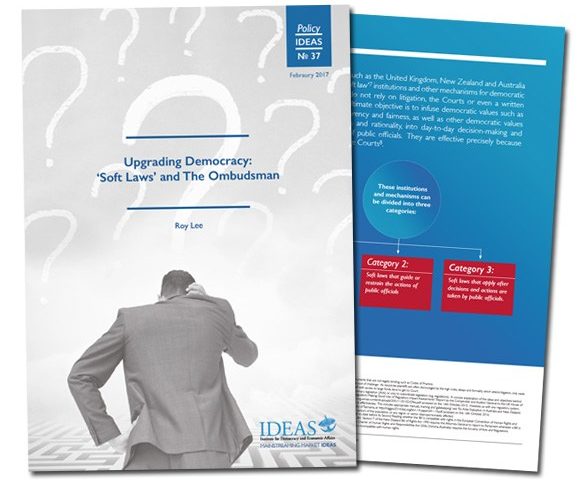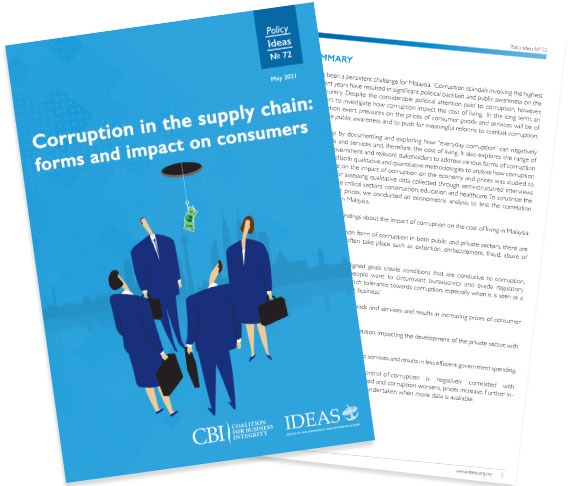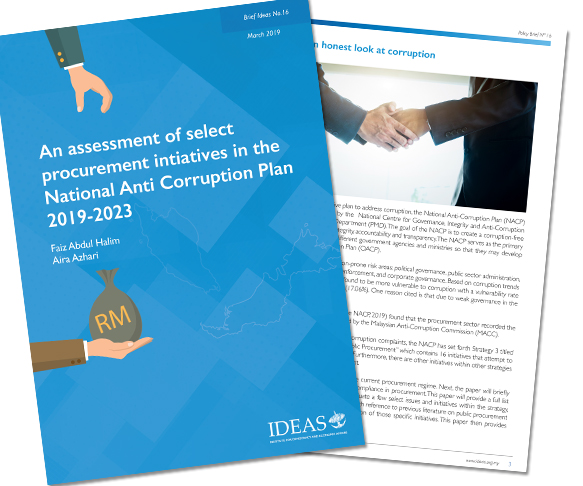
Policy Paper No 37
Upgrading Democracy: ‘Soft Laws’ and The Ombudsman
Author: Roy Lee
Democracy is being tested and assaulted on all fronts today. Southeast Asian countries like Philippines, Cambodia and Vietnam are increasingly becoming authoritarian. In the west, right wing extremists are being elected into office. Case in point, Donald Trump who made banning Muslim tourists entry into the United States a key component of his election campaign is now President. Closer to home, the 1Malaysia Development Berhad scandalised our nation with its reported misappropriation of funds. Now more than ever, it is imperative democracy is protected in Malaysia. But how do we do this?
In his paper, “Upgrading Democracy: ‘Soft Laws’ and the Ombudsman”, Guernsey legislative counsel member and solicitor Roy Lee, makes an argument for the creation of the Office of the Ombudsman in order to protect democratic governance in Malaysia. Although soft law institutions like the Ombudsman have no power to make legally binding decisions, they are essential in ensuring that public officials remain accountable, transparent and fair in their actions and decisions.
Soft laws are an essential mechanism for maintaining democratic governance because they do not rely on litigation, the Courts or even a written Constitution. Their ultimate aim is to infuse democratic values into the day-to-day decision-making and actions of public officials. Soft laws fall under the following categories:
- Soft laws that are applied before policies are made – these can be in the form of regulatory impact assessments which may be required before legislation is enacted. The assessment would involve public consultations and the findings are made publicly available. Other examples, include a requirement for a statement to be made to Parliament when a bill is not compatible with an international convention or charter.
- Soft laws that guide or restrain the actions of public officials – this second category inform the norms of public official’s behaviours through codes of practice. This typically applies in high-risk contexts where the potential for abuse is high, e.g., arrests, investigations, search and detentions by law enforcement officers.
- Soft laws that apply after decision and actions are taken by public officials – This category consists of processes by which the decisions and actions of public officials are investigated, reviewed and sometimes taken to task.



